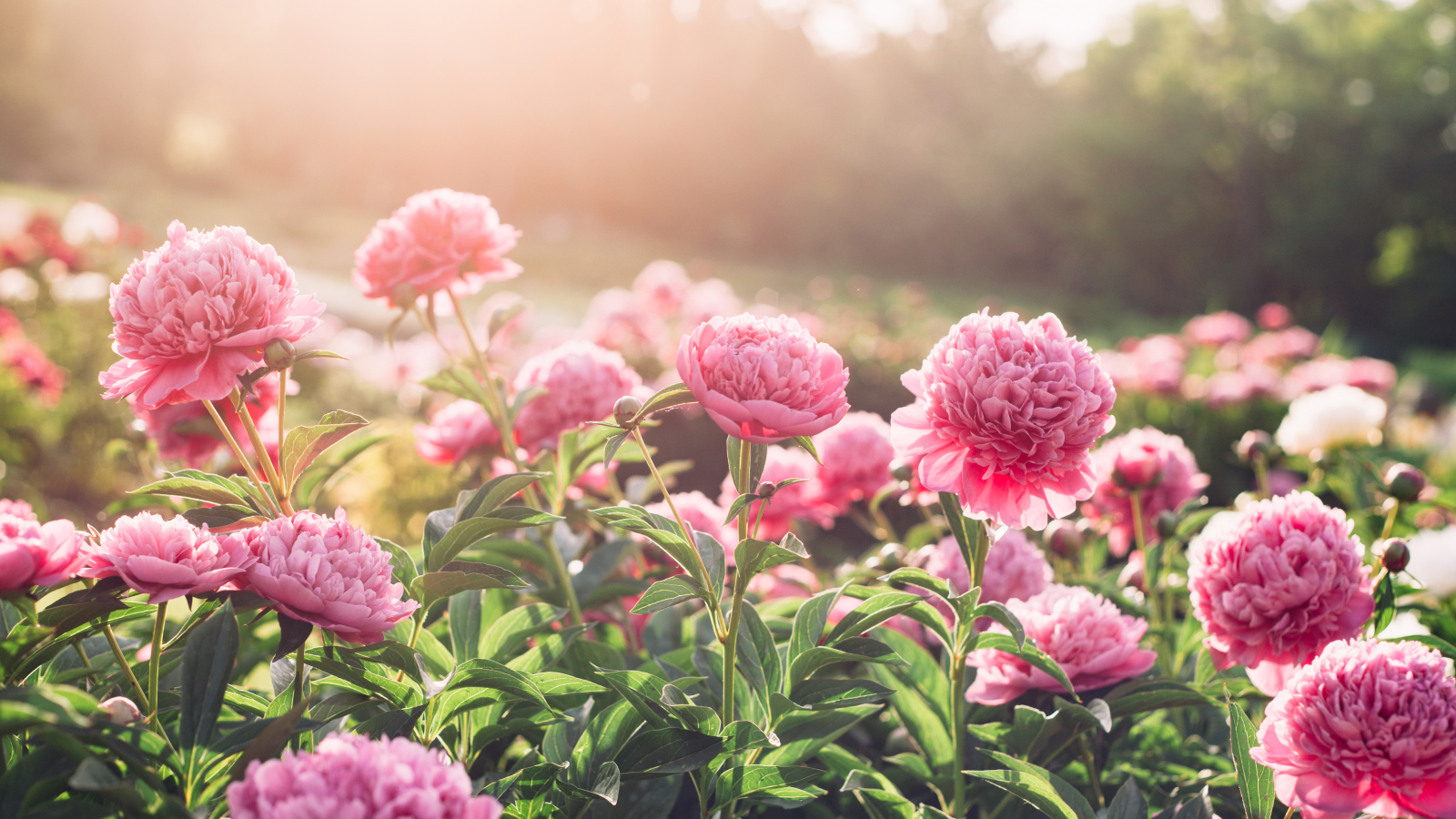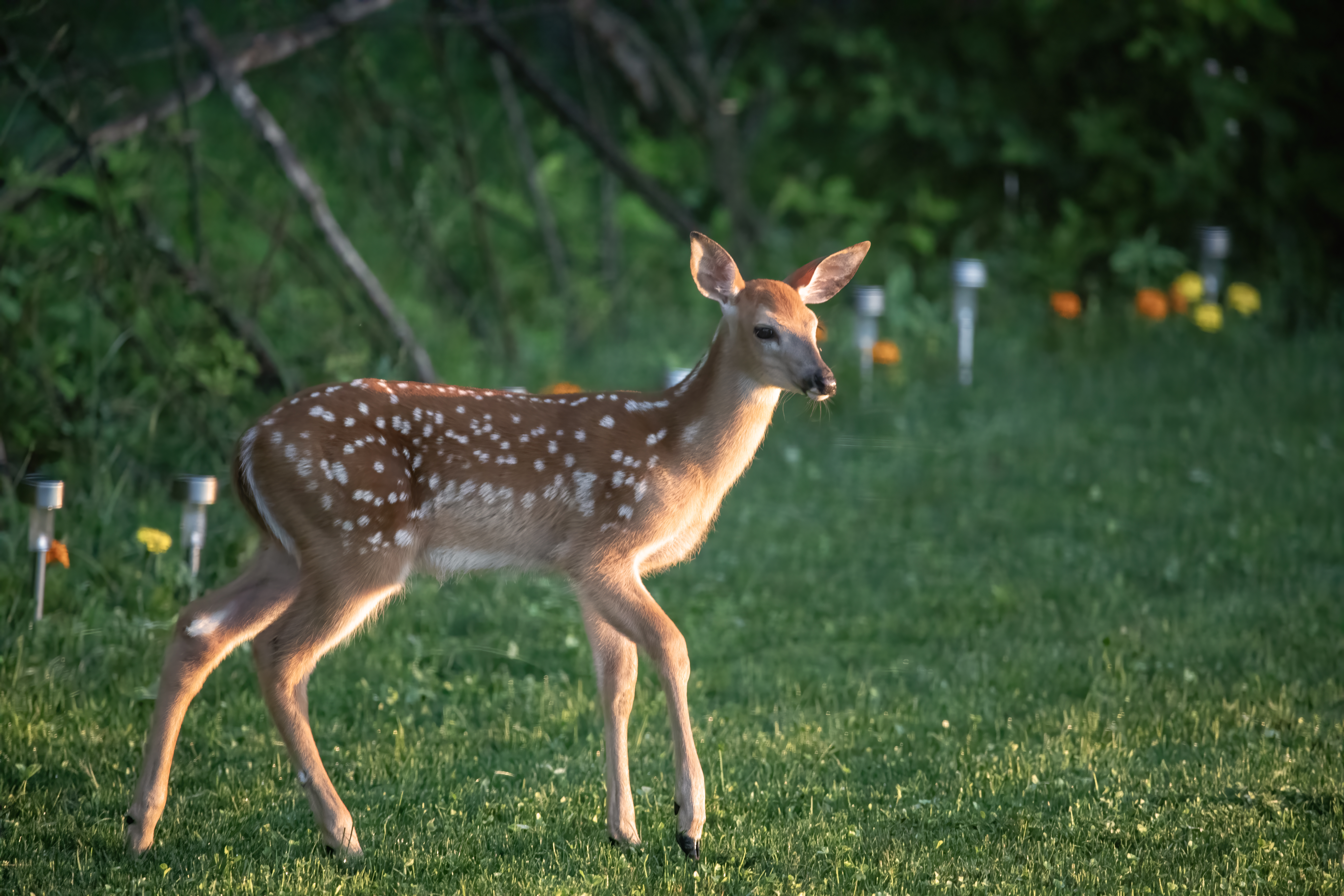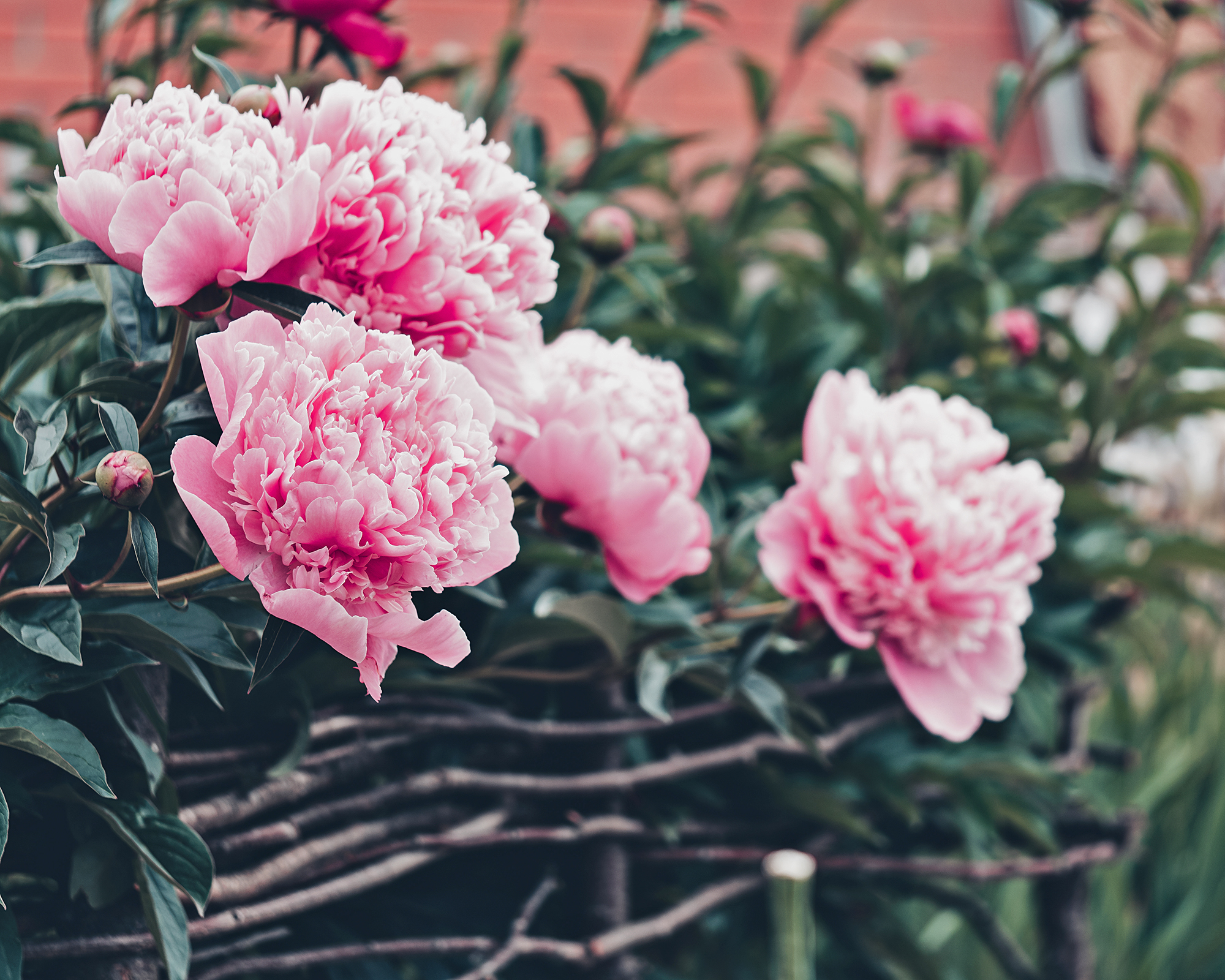Do Deer Eat Peonies? How To Keep Them Away And Save Your Gorgeous Blooms
Peonies are not usually favored by deer, but sometimes they go after the young shoots of the plants anyways. Learn how to keep deer away from beautiful blooms.


Peonies are popular and classic garden flowers, beloved for their large, showy flowers that arrive in late spring or early summer. Peonies can be picky, but if you give them the right conditions, they are easy to grow and maintain. One thing to consider when growing peonies in many areas is deer. Do deer like peonies or is this a deer proof perennial?
Deer and peonies are usually safe together, as deer often leave these flowering plants alone. Peonies don’t have any significantly unpleasant characteristics for deer, such as thorns or a strong aroma. However, deer simply don’t seem to find them as tasty as other plants. If they do come after your peonies, they are most likely to eat the tender, new shoots and leaves of peonies in spring as they begin to emerge.
Are Peonies Deer Resistant Or Deer Proof?

Deer typically shun peonies, especially if there is something tastier on the menu, but this doesn’t make them deer proof. Deer resistant plants are great, but deer proof is different. Deer will eat your peonies during drought conditions or if there are limited other options for food.
How To Keep Deer From Eating Peonies
Because peonies are not totally deer proof, you might need to take measures to protect your plants. This is especially important in spring when they might eat the new growth. You can take general measures to keep deer out of your garden, which will benefit all plants, or protect specific plants, like peonies, that the deer seem to like.
One strategy is to grow your peonies near other plants that are more reliably deer proof. Try pairing peonies with allium, an onion relative. Onion-related plants have a pungent smell and high levels of sulfur that deer don’t like. Sedum is another good option for planting near peonies.

A fragrant deterrent is another strategy many gardeners use to keep deer out of the garden or away from certain plants. Look for products in your garden center designed to deter deer. They are typically made with predator urine, like coyotes. You’ll need to spray your peonies and other plants with these regularly, as it wears off and is washed away by rain and watering.
Movement and sounds can also be deer deterrents and make your garden less attractive to them. Wind chimes, windsocks, whirligigs, and similar devices can be scary to deer. If you don’t like decorating your garden with these, try motion-activated devices that make sound or send out jets of water when an animal moves through your yard.
Sign up for the Gardening Know How newsletter today and receive a free copy of our e-book "How to Grow Delicious Tomatoes".
The best defense against deer is a combination of effects. Use deer-proof or deer-resistant plants and make the garden an unfriendly place for deer with a mix of sounds, smells, and movements that signal danger.
Frequently Asked Questions
How Do I Keep Deer From Eating My Peonies?
Keep deer from eating your peonies by planting deterrent plants around them, spraying them with deterrent predator smells, and by using sound, motion, and other smells to make your garden seem risky and dangerous to deer.
Will My Peonies Come Back After Blooms Were Eaten by Deer?
It’s unlikely that deer will eat your peony blooms. Deer generally don’t like to eat peonies, and if they do, they will mostly eat new shoots and foliage. If they do eat the blooms, the plant will survive but might not flower again until the following year.
More Garden Ideas
- Peonies not blooming? Learn about 6 commons reasons why they aren't succeeding and what you can do.
- Explore our picks for deer-resistant perennials that will survive even the greediest grazers!
- Get your garden growing with ease with the ultimate garden 6-tool set in the Gardening Know How Shop.
- Get ideas and expert advice delivered straight to your inbox when you sign up for the free Gardening Know How Newsletter.

Mary Ellen Ellis has been gardening for over 20 years. With degrees in Chemistry and Biology, Mary Ellen's specialties are flowers, native plants, and herbs.